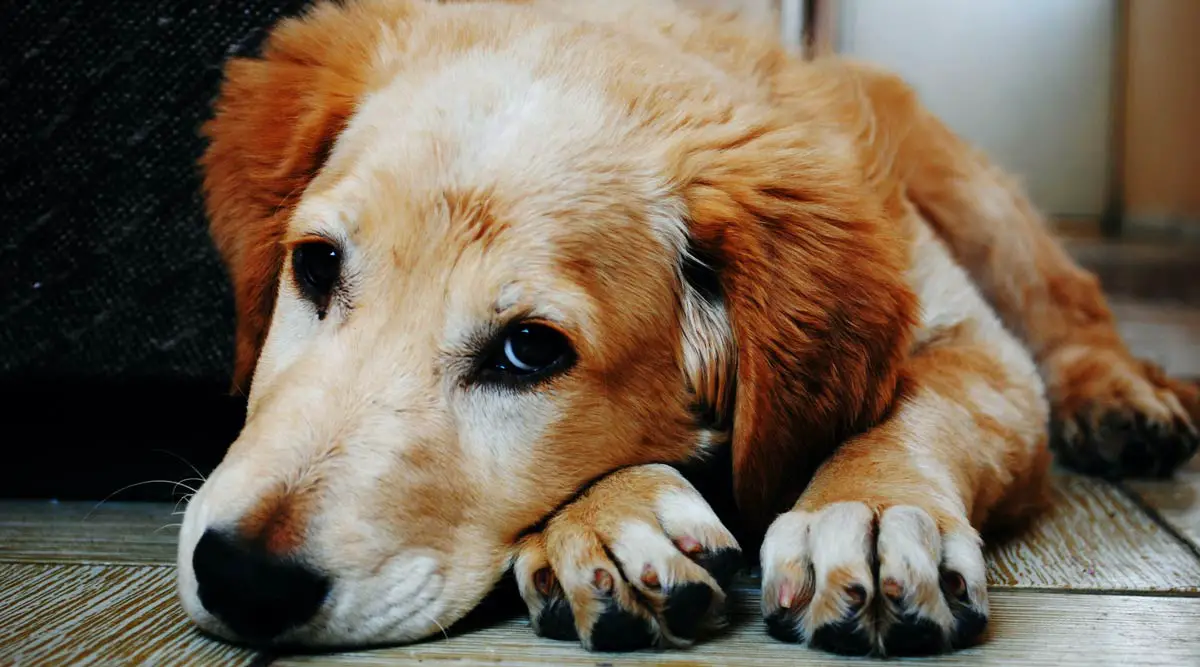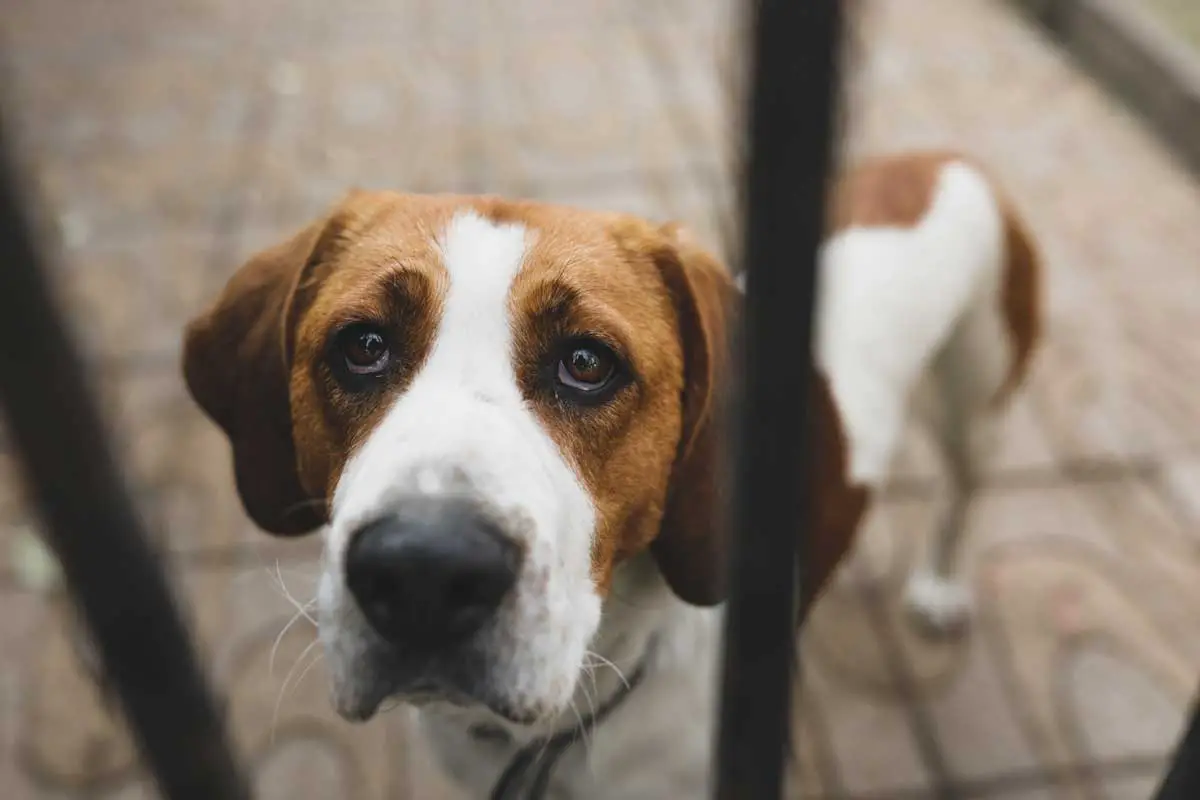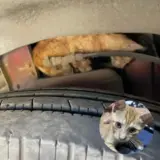Parvo, or canine parvovirus, is a highly contagious viral disease that affects dogs.
It can be a life-threatening illness, especially in puppies due to having weaker immune systems and being more susceptible to the virus.
However, with early detection and prompt treatment, the chances of recovery are much higher. Especially, vaccinations greatly reduce a puppy’s chances of contracting parvo.

1. What is Parvo?
Parvo in dogs is a highly contagious viral disease caused by the canine parvovirus.
The virus attacks a dog’s intestinal lining and bone marrow, which can lead to severe dehydration, shock, and death if left untreated.
Parvo is transmitted through contact with infected feces and can survive in the environment for up to a year, making it highly contagious and easily transmissible between dogs.
2. Symptoms of Parvo
The symptoms of Parvo in dogs can vary, but some common signs include:
- Vomiting
- Diarrhea
- Dehydration
- Anemia
It’s essential to seek veterinary care if you notice any of these symptoms in your dog, especially if they are a puppy, as they are more susceptible to the virus.
3. Causes of Parvo
Parvo in dogs is caused by the canine parvovirus, which is highly contagious and spreads through contact with infected feces or contaminated environments.
Dogs can contract the virus by ingesting contaminated food or water or by coming into contact with infected surfaces, such as toys or bedding.
Puppies are particularly vulnerable to the virus as their immune systems are still developing and they have not yet received full immunity through vaccinations.

4. How to treat?
The treatment for Parvo is primarily focused on managing the symptoms and providing supportive care, as there is no specific cure for the virus.
- Fluid therapy
Dogs with Parvo often experience severe vomiting and diarrhea, which can lead to dehydration. Intravenous (IV) fluid therapy can help replace lost fluids and electrolytes to prevent dehydration and shock. - Medications
Antibiotics may be prescribed to treat secondary bacterial infections that can occur as a result of a weakened immune system.
Anti-nausea medications may also be used to help control vomiting and reduce the risk of dehydration. - Nutritional support
Dogs with Parvo may lose their appetite and have difficulty eating. In severe cases, a feeding tube may be necessary to ensure that the dog is receiving proper nutrition. - Isolation and quarantine
To prevent the spread of the virus, infected dogs should be isolated and kept away from other dogs until they have fully recovered.
Proper cleaning and disinfection of contaminated surfaces and environments are also crucial to prevent the spread of the virus.
5. How to prevent Parvo?
Preventing Parvo in dogs involves a combination of vaccinations, good hygiene practices, and minimizing exposure to infected dogs and environments. Here are some ways to prevent Parvo:
- Vaccination
Vaccination is the most effective way to prevent Parvo in dogs. Puppies should receive a series of vaccinations, starting at 6-8 weeks of age and continuing every 3-4 weeks until they are 16 weeks old. Adult dogs should receive a booster vaccination annually or as recommended by their veterinarian. - Good hygiene practices
Parvo can survive in the environment for up to a year, so it’s essential to practice good hygiene to prevent the spread of the virus.
This includes cleaning and disinfecting surfaces, toys, and bedding that may come into contact with infected feces or vomit. - Minimizing exposure
Dogs should be kept away from areas where Parvo may be present, such as dog parks, kennels, and pet stores, until they have received their full series of vaccinations.
If you suspect a dog has Parvo, it’s important to keep them away from other dogs until they have fully recovered. - Regular veterinary care
Regular veterinary care can help detect and prevent Parvo in dogs.
Conclusion
Parvo in dogs is a serious and potentially deadly disease, but it can be prevented through vaccination and good hygiene practices.
If you suspect that your dog may have parvo, seek veterinary care right away for prompt and proper treatment.











